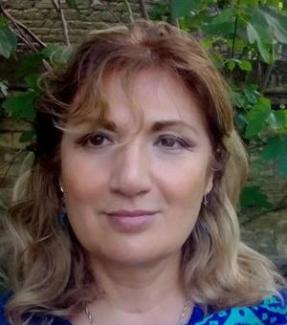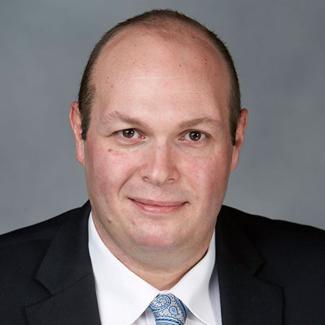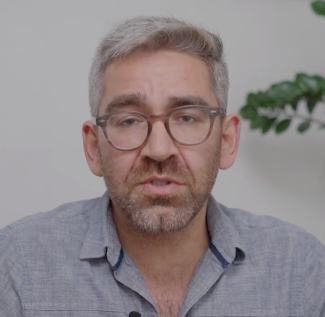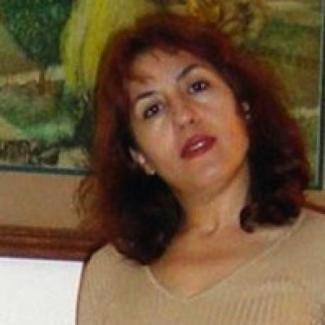
Description:
Does the fighting that broke out on September 27 between Azerbaijan and Armenia, over Nagorno-Karabakh, represent the most recent violent episode in this disputed territory since the border war that accompanied the break-up of the Soviet Union in early 1990s and the cease- fire of 1994? Or should this current conflict be best understood as part of larger geopolitical trends?
Our invited panelists will attempt to get at these larger questions by reflecting on what happened during the most recent period of conflict starting on September 27, the status of the cease fire that was established on November 10, and what is required for a lasting resolution.
Speakers:

Dr. Leila Alieva is an affiliate of Russian and East European Studies, Oxford University School for Global and Area Studies, and a part-time tutor at the Oxford Department for Continued Education, previously Senior Common Room member of St. Antony’s College, Oxford University and an academic visitor. She was founder and a president of two “think-tanks” in Azerbaijan. Her research is in the EU and the area studies – ENP, EaP and Azerbaijan, Caucasus, Former Soviet Union; along with Russia, energy security, democratization and civil society in the oil rich states. held fellowships at Harvard University, UC Berkeley, Kennan Institute (Washington, DC) the NATO Defense College (Rome), IFK (Institut Für Kulturwissenschaften) Vienna. Her research and publications cover Azerbaijan, the Caucasus, Russia, the broader Former Soviet Union; and range thematically from energy security and conflicts, to democracy in the oil rich states, as well as issues around integration into the EU (ENP and EaP) and NATO. Currently she is analyzing the role of religious identities in transition, as well as comparing the role of the opposition in rentier states.

Arman Grigoryan is Associate Professor in the International Relations Department at Lehigh University. He specializes in the study of conflict and international relations theory. Professor Grigoryan holds a Ph.D. in political science from Columbia University, an MA in International Relations from the University of Chicago, and an undergraduate degree with a major in Turkish studies from the Yerevan State University. His publications have appeared in International Security, International Studies Quarterly, International Political Science Review, Nationalities Papers, and Ethnopolitics.

Dr. Arsen Hakobyan received his PhD in Social & Cultural Anthropology from the Institute of Archaeology and Ethnography, National Academy of Sciences of Armenia. He is Senior Research Fellow at the Institute, and also Associate Professor at Yerevan State University. He has received several scholarships and fellowships (DAAD, ASCN) and has conducted research at the Universities of Cambridge, Fribourg, Marburg, Tubingen and Angers. His research interests include the anthropology of violence, refugee studies, memory and diaspora studies, ethnicity, the Caucasus and the Middle East. He is co-author of Beyond The Karabakh Conflict: The Story Village Exchange (with S. Huseynova & S. Rumyantsev).

Dr. Nerses Kopalyan is an assistant professor-in-residence at the Department Political Science at the University of Nevada, Las Vegas. His fields of specialization include international relations, polarity, geopolitics, political theory, and philosophy of science. He is the author of World Political Systems After Polarity (Routledge, 2017), the co-author of Sex, Power, And Politics (Palgrave Macmillan, 2016), and co-author of Latinos in Nevada: A Political, Social, and Economic Profile (2021, Nevada University Press). His current research concentrates on geopolitical and great power relations in Eurasia and the role of democratic breakthroughs in authoritarian orbits. He has done extensive work on political developments in Armenia prior and subsequent to the Velvet Revolution and is currently coordinating a project on institutional reforms and democratic consolidation. He has authored several policy papers for the Government of Armenia and serves as an advisor to the Office of High Commissioner for Diaspora Affairs, Office of the Prime Minister.

Simon Ostrovsky is an award-winning journalist and Special Correspondent for PBS NewsHour who is best known for his coverage of the 2014 Crimea crisis and the war in eastern Ukraine, for which he was awarded the prestigious DuPont Award from Columbia University and was nominated for two Emmys. He also won a 2013 Emmy as a producer of VICE on HBO. More recently he has hosted a series of reports on America during the Coronavirus pandemic, the crisis in Belarus and the war in Nagorno-Karabakh for PBS NewsHour. Simon has covered the countries of the former Soviet Union extensively throughout his career, where he witnessed four revolutions and three wars. He was AFP's South Caucasus Bureau Chief covering Armenia, Azerbaijan and Georgia from 2004 to 2007.

Zaur Shiriyev has more than ten years of experience in academia and think-tanks, with expertise in security, conflict resolution and foreign policy issues pertaining to the broader South Caucasus region. He is Crisis Group's Analyst for South Caucasus. Based in Baku, he produces analyses and reports on security and foreign policy issues, including the protracted conflicts in the South Caucasus region. He focuses in particular on the Nagorno-Karabakh conflict, as well as Azerbaijan's relations with regional actors, including Turkey, Russia and Iran.
Moderators

Scott Gehlbach is Professor, Department of Political Science and Harris School of Public Policy, at the University of Chicago. A political economist and comparativist, Gehlbach’s work is motivated by the contemporary and historical experience of Russia, Ukraine, and other postcommunist states. He has made numerous contributions to the study of autocracy, economic reform, political connections, and other important topics in political economy. Known for employing a wide range of methods in his research, Gehlbach has contributed to graduate education through his widely used textbook Formal Models of Domestic Politics.

Hripsime Haroutunian is an Instructional Professor in the Department of Near Eastern Languages and Civilizations. Her research has concentrated on linguistic and cultural-religious topics relating to Hittite texts, as well as aspects of Armenian culture like traditions and beliefs. The scope of her interests stretches from Armenian history and culture to that of neighboring Post-Soviet Independent States, as well as Indo-European Studies, Human Rights Studies, etc.
